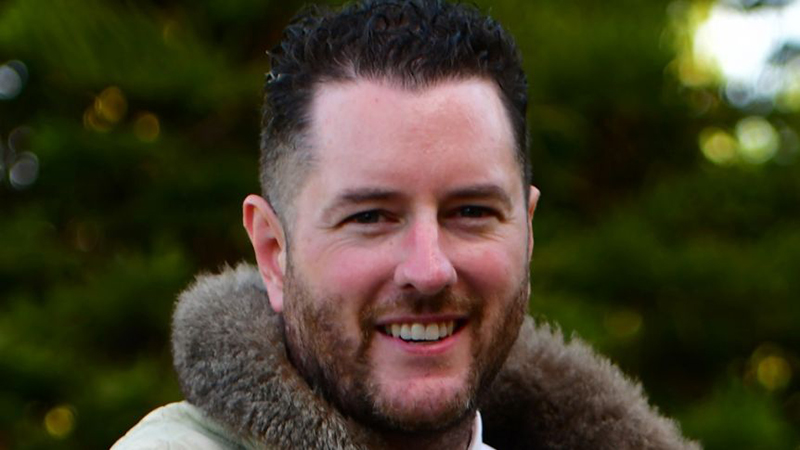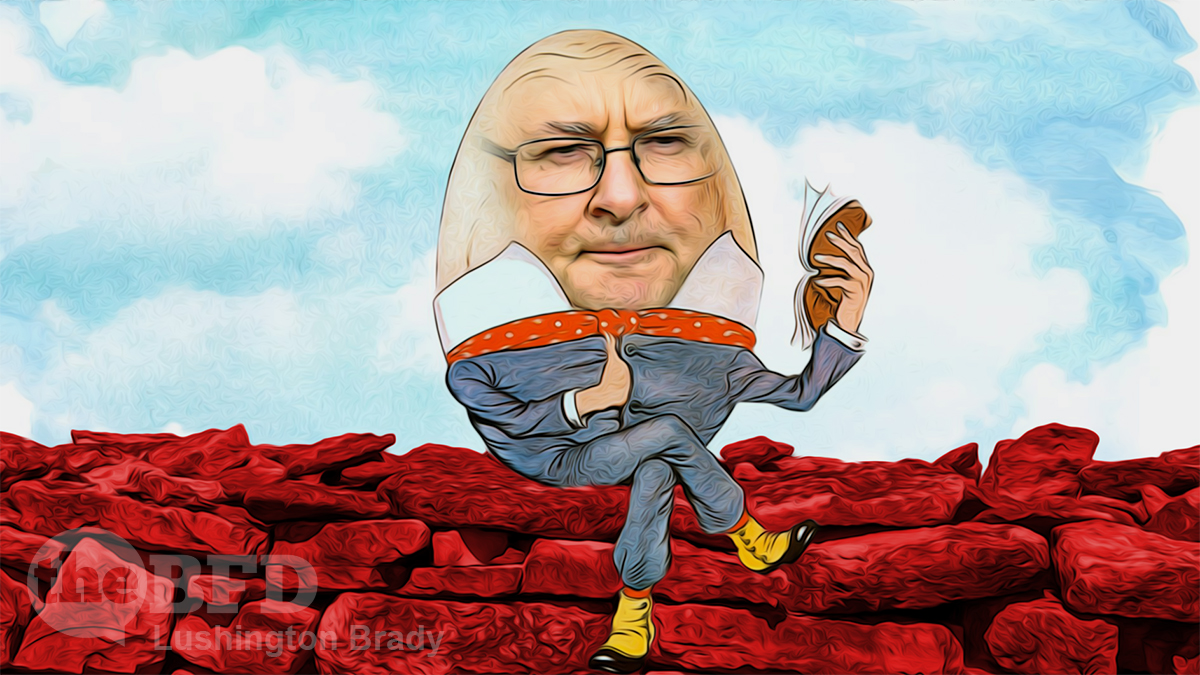With the Perrottet government’s loss in NSW on the weekend, the Australian left have been cock-a-whoop that Australian has wall-to-wall Labor governments on the Mainland. Tasmania remains the sole exception with a Liberal government. The ABC in particular has scarce been able to contain its glee. “The Liberals are finished!” is the refrain.
Pride, however, cometh before a fall. As John Howard warned, Labor’s “Red Wall” is exceedingly brittle. The Albanese federal government won office with the lowest vote in a century. A few votes shifted here and there would have been devastating for Dan Andrews in Victoria.
The arrogant assurance of the left also ignores the fact that the situation has been quite reversed in very recent history. From 1998-99, there was only one Labor government in Australia at all. In 2008, there were briefly Labor governments in every state and territory, and in Canberra.
Very briefly. Within another two electoral cycles, the situation had completely reversed. More importantly, 2008 marked another watershed: the precipitous collapse of Kevin Rudd’s prime ministership. Barely more than a year after, Rudd was out of the Lodge. Months later, Julia Gillard led Labor from a landslide win to a skin-of-their-teeth hung parliament.
Pride cometh before a fall, indeed.
Most notably, the issue that killed Rudd’s prime ministership and Labor’s grip on office for nearly a decade was resources and energy, and climate policy: the Mining Tax and the Carbon Tax. Being seen to be under the thumb of the Greens was another death-blow.
Anthony Albanese is repeating all the same mistakes.
The gas industry on Monday warned that the Prime Minister’s signature climate policy, forcing 215 big-emitters to slash emissions by nearly 5 per cent each year out to 2030, could drive up costs for households and businesses if new gas supply is restricted.
Albanese is desperately trying to pretend that he hasn’t gutlessly caved to the Greens, but the crowing from Australia’s wealthiest suburbs speaks otherwise. Greens and Teal voters in Melbourne and Sydney’s millionaire belts are celebrating the deal — which means that it’s a very bad deal for working-class Australians.
As Mr Albanese attempted to ease concerns among coal, gas, steel, aluminium, chemical, transport and other industries captured under the safeguard mechanism, the peak oil and gas lobby group attacked the Labor-Greens deal.
The gas industry is warning that greater regulatory burdens and huge costs associated with developing low-emissions technologies would stall or stop the opening of new gas fields, meaning Australia relied on dirtier fossil fuels for longer.
The Australian
As with Gilard’s carbon tax, when businesses start getting hit with massive bills, reality will come back to bite the government on the arse. As Kevin Rudd found, getting Australia’s major industries offside is not a winning strategy, either — especially in resources dependent states crucial to Labor holding government.
It’s also not a good look that, even before a referendum date is set, Australians are getting a sharp reminder that the “Voice” will give a tiny, unelected minority control over every aspect of their lives.
The Greens have upheld the need for the voice to provide advice on policies such as the safeguard mechanism in a rebuke to Anthony Albanese, arguing the climate policy – and the coal and gas projects it could affect – directly impacts upon Indigenous Australians.
Greens First Nations and resources spokeswoman Dorinda Cox said she was “deeply disappointed” by the Prime Minister’s comments on Monday dismissing the prospect of the voice making representations to the government or the Greens on the safeguard mechanism.
As palefaced, urban box-tickers will, Cox sprinkles her rhetoric with Abonics to try and sound “authentic”, but the message is clear enough: nothing will escape the “Voice”’s inquisitorial oversight.
The Coalition also cautioned that the scope of the government’s proposed voice was “broad and unclear” as the major parties traded barbs over the advisory body, with Mr Albanese accusing Peter Dutton of undermining constitutional recognition at every opportunity.
When asked if Mr Albanese envisaged the voice could provide advice to the government and the Greens on the updated safeguard mechanism, which is set to pass parliament with the support of the crossbench party, the Prime Minister said such a suggestion was a distraction from what the advisory body was about.
Note that he doesn’t deny it.
Following question time, in which opposition Indigenous Australians spokesman Julian Leeser asked Indigenous Australians Minister Linda Burney if the Reserve Bank would need to consult the voice before making a decision on interest rates, Mr Leeser declared it had been a “day of confusion for the government”. Ms Burney pointed out the RBA was independent of government in formulating policy.
However, it is a federal agency […]
Marcus Stewart, a key adviser to the Albanese government on the voice, said questioning over whether the advisory body would make representations to parliament and the executive government on policies like the safeguard mechanism were “dangerous” and favoured the No campaign.
The Australian

The truth is always “dangerous” to liars and shonks. Once again, the whiter-than-snow Stewart doesn’t deny the accusation, simply tries to attack the questioner.
If the “Voice” is — hopefully — defeated at the referendum, as the vast bulk of referendums in Australia are, Albanese will be humiliated. Perhaps not as fatally as David Cameron was when Brexit passed, but near enough. When his only other signature policy — energy and climate change — sends bills soaring into the stratosphere and alienates key industries, as it will, then Labor’s “red wall” will prove exceedingly brittle.

